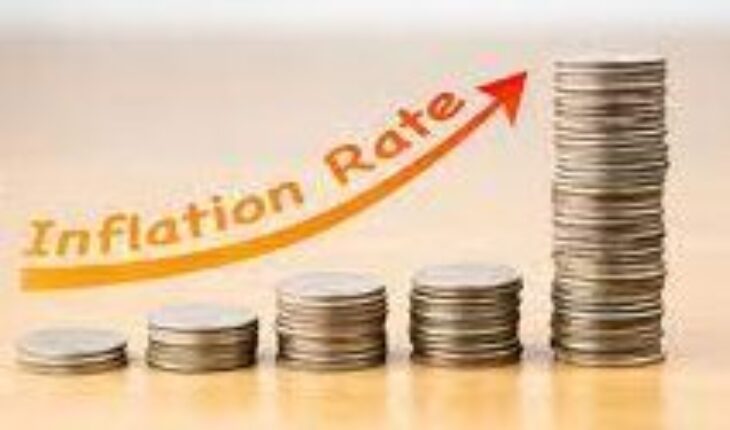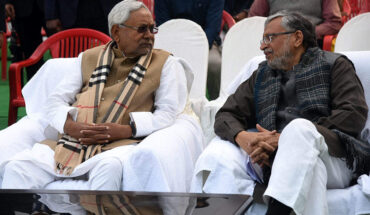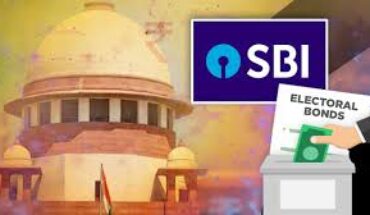The pandemic’s second wave may have subsided but hopes of a smooth rebound in the economy in tandem with easing restrictions remain muddled, with the inflation numbers for May compounding the problem. The rising prices, both retail and wholesale, in the month that saw widespread lockdown-like restrictions, have come as a negative surprise. Inflation based on the Wholesale Price Index is reckoned to have hit a 25-year record of nearly 13%, while retail inflation touched a six-month high of 6.3%. While runaway fuel prices, that include high excise duties and taxes, were a key factor in driving up both the inflation indices, they were not the only ones at work. Retail inflation in food hit a six-month high of 5%, from barely 2% in April, with pulses and eggs as well as edible oils leading the surge. ‘Fuel and light’ inflation hit 11.6%, the highest in over nine years, and no respite is in sight on this front as pump prices for petrol raced past ` 100 a litre in even more parts of the country this month. Diesel has also crossed the century mark in Rajasthan’s Sri Ganganagar, where freight costs add up on top of State and central taxes. Even if one were to discount food and fuel prices, core inflation has crossed the 6% mark for the first time in 31 months and is estimated at 6.6%. Most economists expect inflation to remain higher than the average 5.1% estimated by the central bank for this year. If the Government wants the RBI to persist with its accommodative approach to facilitate growth, it must take some actions of its own to curb price rise, including meaningful cuts in fuel taxes that the RBI Governor has been advocating since February. For a population already reeling from job and income losses and higher medical costs since the Covid-19’s onset, the persistently high inflation is untenable. No welfare scheme can offset its disproportionately adverse impact on the poor.
Rising inflation adds to the woes of common man
|
June 20, 2021 |






